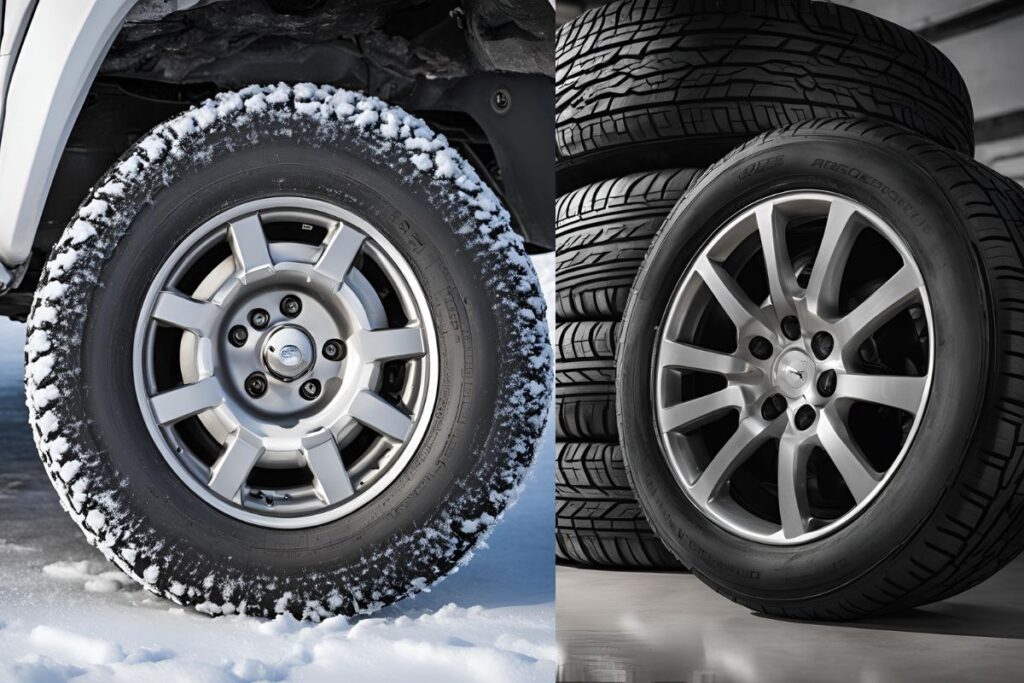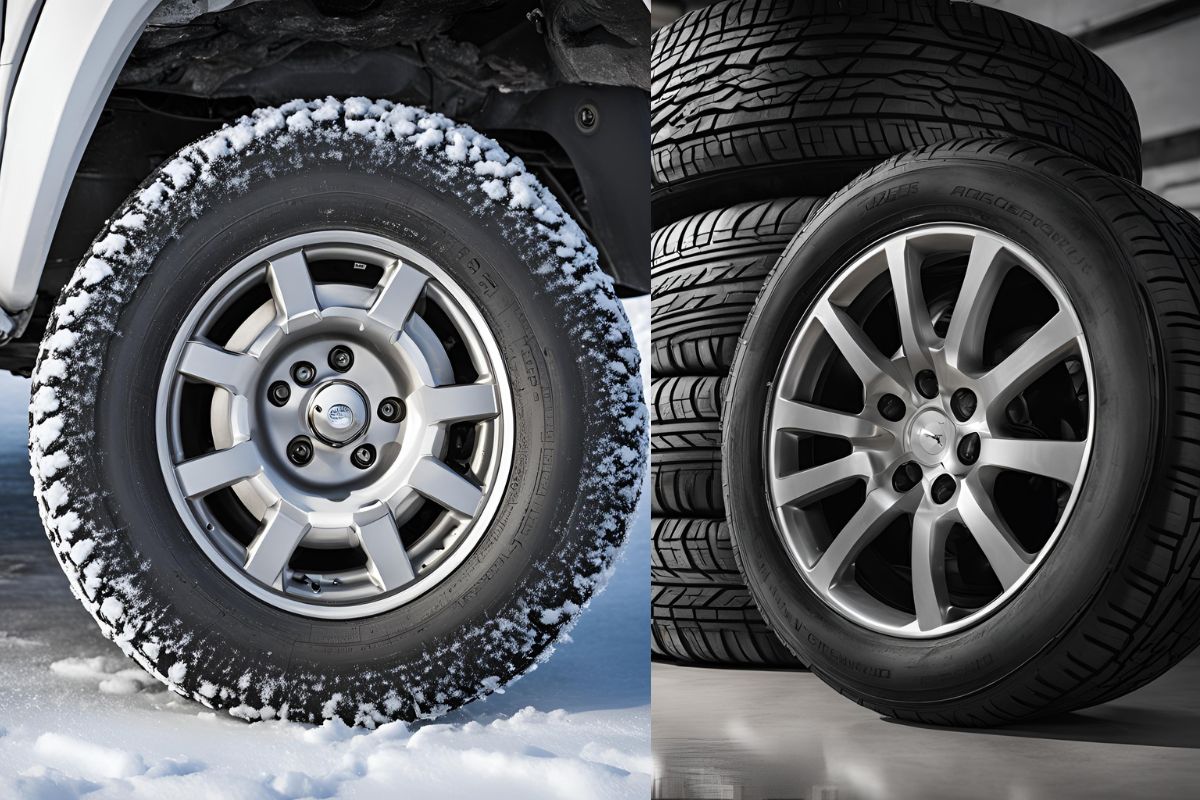Wondering if you should put snow tires on your 4×4 truck? Discover why winter tires are essential for safety and performance during harsh winter conditions.

As winter approaches, many truck owners face the dilemma of whether to equip their four-wheel-drive (4WD) vehicles with snow tires. There is a common misconception that 4WD vehicles do not require winter tires because they can handle snowy and icy conditions better than two-wheel-drive vehicles. However, this belief can be misleading. This article will explore the reasons why snow tires are essential for 4×4 trucks and provide guidance on making the best choice for winter driving.
Understanding the Importance of Winter Tires
Winter tires are specifically designed to perform optimally in cold weather conditions. They feature unique tread patterns and rubber compounds that remain flexible at low temperatures, providing superior grip on snow and ice compared to all-season or summer tires. Here are some critical reasons why snow tires are necessary, even for 4WD trucks:
- Enhanced Traction: While 4WD systems can help with acceleration in slippery conditions, they do not improve stopping distances or cornering capabilities. Snow tires significantly enhance traction, allowing for better control when starting, stopping, and turning on slick surfaces.
- Improved Braking Performance: Studies have shown that winter tires can improve braking distances by up to 25% compared to all-season tires. This is particularly crucial for heavier vehicles like trucks, which may take longer to stop due to their weight.
- Better Handling: Snow tires are engineered with deeper treads and specialized patterns that provide better handling in winter conditions. This means that a 4×4 truck equipped with snow tires will handle better in snowy or icy conditions than one with standard all-season tires.
The Misconception of 4WD Superiority
Many drivers believe that having a 4WD vehicle eliminates the need for winter tires. While it’s true that 4WD can help with traction during acceleration, it does not compensate for inadequate tire performance. In fact:
- Stopping Power: A 4WD vehicle with all-season tires may accelerate well in snow but will not stop any faster than a two-wheel-drive vehicle with snow tires. This can lead to dangerous situations where drivers overestimate their vehicle’s capabilities.
- Hydroplaning Risks: Many 4WD trucks come equipped with wider tires, which can increase the risk of hydroplaning on snow or ice. Snow tires, often narrower and designed for winter conditions, can dig into the snow more effectively.
Benefits of Installing Snow Tires on Your 4×4 Truck
Investing in a set of quality snow tires for your 4×4 truck offers several benefits:
- Increased Safety: With improved traction and handling, you are less likely to experience skids or loss of control in adverse weather conditions.
- Confidence in Severe Weather: Snow tires provide peace of mind when driving in heavy snowfall or icy conditions, allowing you to navigate confidently without fear of losing control.
- Long-Term Cost Savings: While there is an upfront cost associated with purchasing winter tires, they can save you money in the long run by reducing wear on your all-season tires and minimizing the risk of accidents.
Choosing the Right Snow Tires
When selecting snow tires for your 4×4 truck, consider the following factors:
- Tire Type: Look for winter-specific tires that carry the “3-Peak Mountain Snowflake” symbol, indicating they meet specific performance criteria in severe winter conditions.
- Tread Design: Choose a tire with an aggressive tread pattern designed for optimal grip on snow and ice. Popular options include the Michelin X-Ice Snow and Nokian Hakkapeliitta R5, known for their excellent performance in winter conditions.
- Size Compatibility: Ensure that the snow tires you select are compatible with your truck’s specifications. Consult your owner’s manual or a tire professional if unsure.
Maintenance Tips for Winter Tires
To maximize the performance and lifespan of your winter tires:
- Regularly Check Tire Pressure: Cold temperatures can cause tire pressure to drop. Maintaining proper inflation is crucial for optimal performance.
- Rotate Your Tires: Regular rotations help ensure even wear across all four tires.
- Store Off-Season Tires Properly: If you switch back to all-season tires after winter, store your snow tires in a cool, dry place to prevent damage.
In conclusion, equipping your 4×4 truck with snow tires is essential for safe winter driving. Despite having a four-wheel-drive system, your vehicle’s performance relies heavily on the quality of its tires. Snow tires enhance traction, improve braking distances, and provide better handling in snowy and icy conditions. By investing in a good set of winter tires, you ensure that your truck is prepared to tackle whatever winter weather comes your way.











